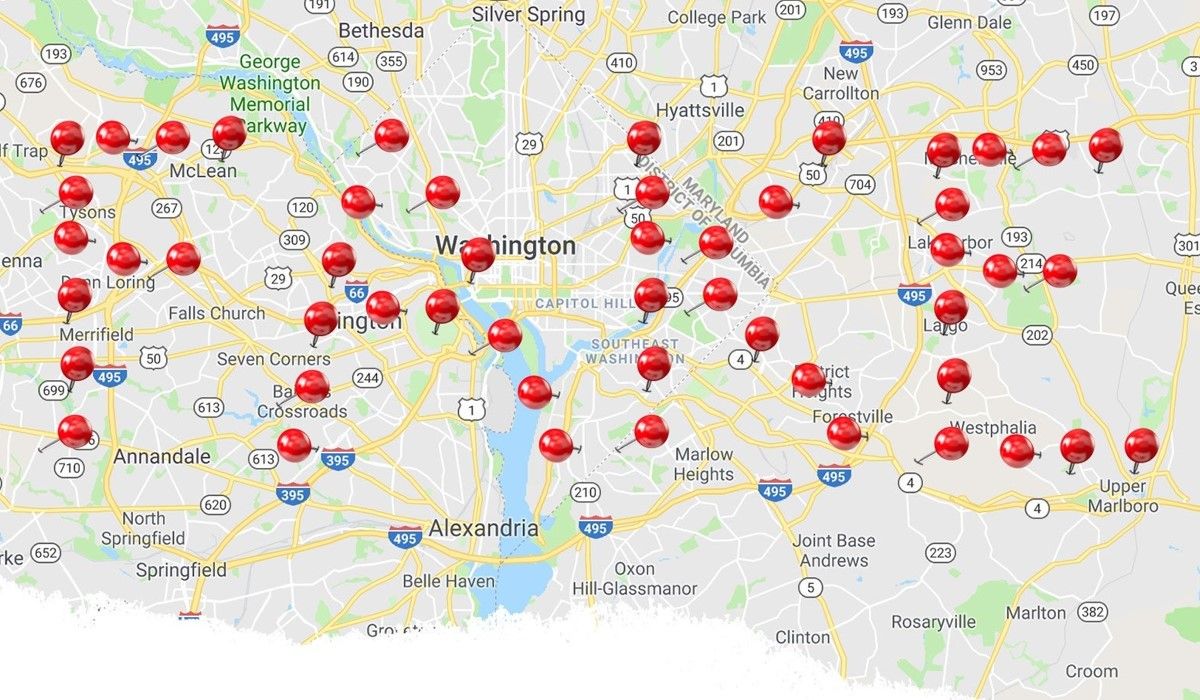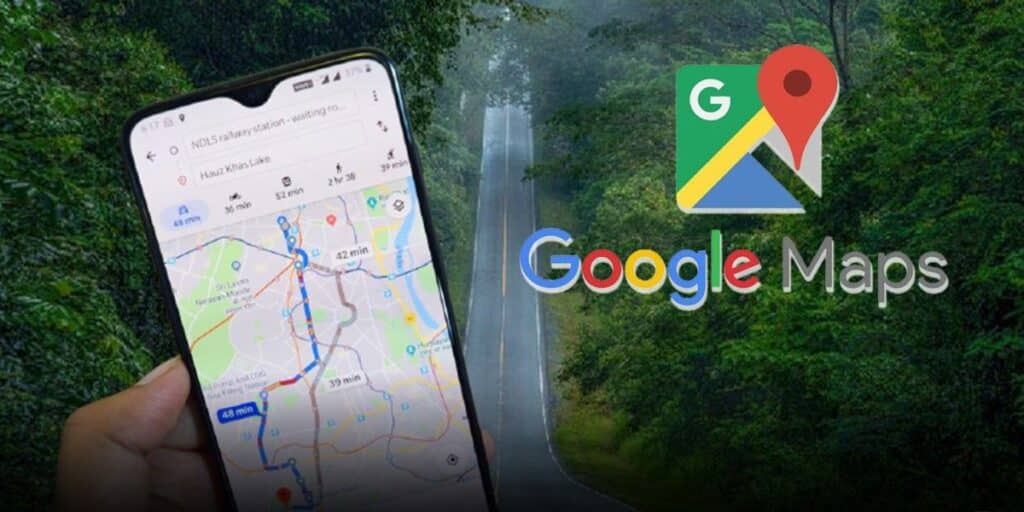Google Maps is an essential tool for millions of people around the world. The app allows users to search for directions, find information about places and share their own experiences. However, user-generated content can be used to spread misleading information.
In an effort to address this issue, Google has announced three new features to prevent misleading content on Maps. With these actions, the company seeks to eliminate fake reviews and other false information that may violate the application’s guidelines.
Google Maps is launching new features to remove misleading content

Data security on Google Maps is a top priority, and Google has made this clear by announcing steps to address suspicious activity. With more than 300 million annual contributors and 250 million shared spaces, the company faces a huge challenge in managing user-generated content. As a result, it recently announced three new strategies to prevent fake content from being submitted.
Google Maps works quickly on suspicious activity
Google promises to act quickly and implement countermeasures when suspicious activity is detected. This includes removing content that violates policies, temporarily disabling new contributions, or removing the rating feature in the affected area.
The Company is committed to continuously monitoring Contributed Content, identifying unusual patterns that may indicate fraudulent content. This real-time response capability allows Google to effectively combat abuse.
For example, when a sudden spike in one-star reviews was noticed in Missouri, Google temporarily disabled the ratings feature to avoid a negative impact on the site’s ranking. At the same time, reviews that violated policies were removed and investigations were conducted on responsible accounts.
Prevent abuse during sensitive times
In addition to taking action when it detects suspicious activity, Google has stepped up its efforts to prevent abuse during critical times such as elections or other important events. Recognizing the importance of protecting sensitive areas, the company limits people’s ability to suggest edits to phone numbers, addresses and other relevant information.
This step is to prevent the spread of incorrect information and to ensure that users trust the accuracy of the data provided by Google Maps. By limiting the ability to make significant changes at critical times, they reduce the possibility of fraud and strengthen users’ trust in Google Maps.
Long-term protection for certain areas
Google applies protection to certain sites. In particular, places like prisons and police stations are now under strict restrictions. These areas that have historically experienced irrelevant, harmful, or off-topic user contributions receive special attention.
When users try to leave reviews for things like dungeons on Google Maps, they’re met with a notification banner stating that the functionality has been disabled. This proactive approach prevents inappropriate reviews from affecting the reputation of places, which require special attention in terms of security and privacy.
In general, Google Maps continues to take steps to protect the accuracy of the information on its platform. With this new approach, the company not only responds quickly to suspicious activity, but also implements long-term preventive and preventive measures.
source | google




